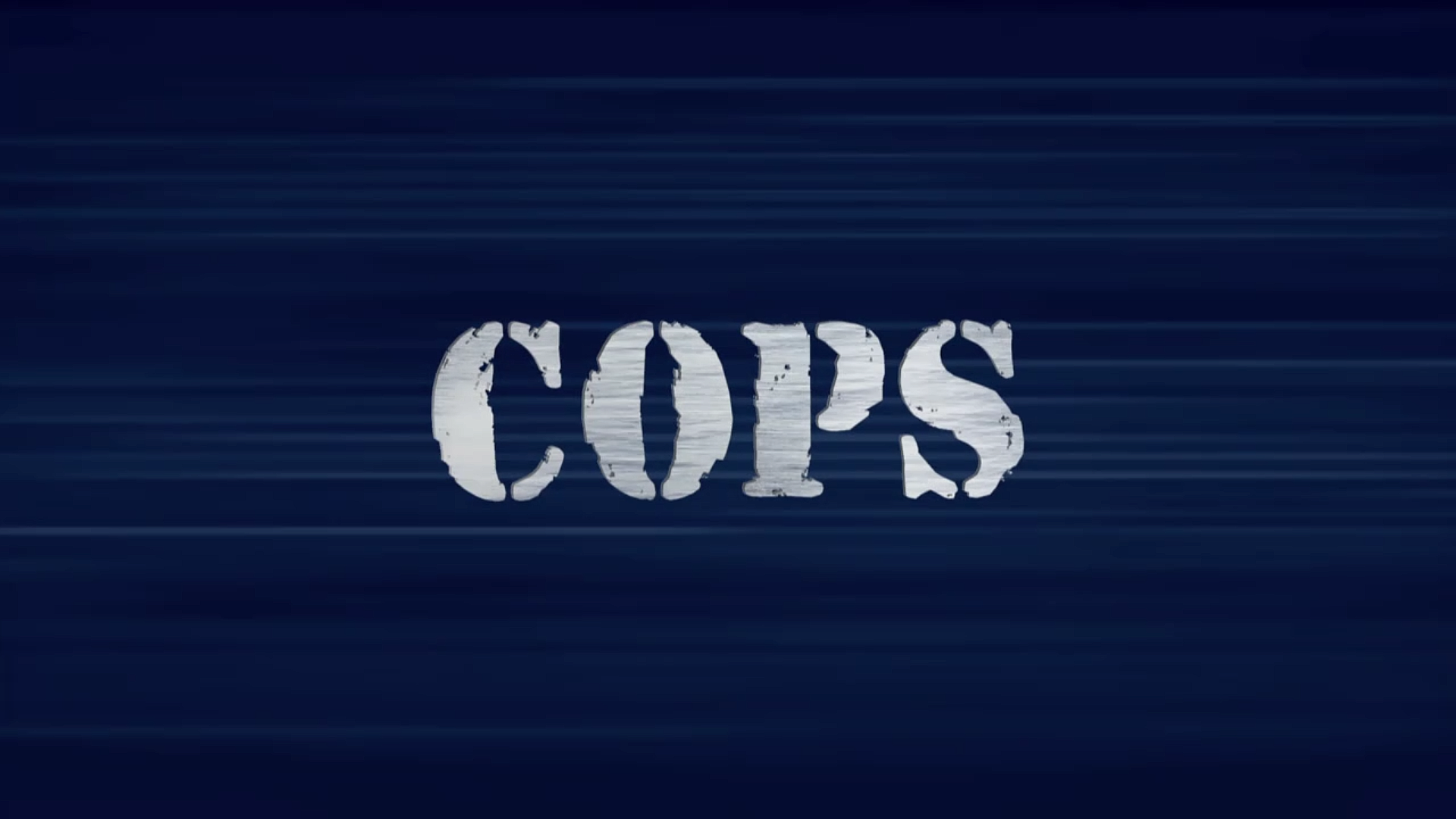The prison and the police are in our heads and hearts, therefore this system is naturalized in a way that makes it almost impossible for folks to step back and think that it wasn’t always like this. I think we can’t underestimate the fact that we think these institutions keep us secure.
Those are the words of the prison abolitionist Mariame Kaba, and they make my heart hurt. I do think police and prisons and bombs and guns keep me safe. Think being the key word.
The truth is, they don’t. Kaba and Angela Davis and Alex Vitale and the #DefundThePolice movement are teaching us that. Every video of another black person being killed by police, of a protestor being shoved to the ground by a militarized stormtrooper, of a mother wiping tears from her eyes, is a reminder that something is very wrong.
But my mind assumes things. It can’t handle the awkward space that opens up after the question: “Wait, do we really need police?” It anxiously fills the gap with questions: Who’s going to stop the murderers and rapists? What about serial killers? What if someone is breaking into my house?
In reality, cops spend most of their time responding to noncriminal issues like noise complaints and people living on the streets. They commit murder and sexual assault disturbingly often. Two-thirds of people who experience sexual violence don’t report it, presumably because they don’t trust the criminal justice system. Nearly 40 percent of murders go unsolved (yet violent crime rates are at all-time lows). And what about corporate crime, like wage theft, which robs workers of billions of dollars every year? Why aren’t the cops going after Jeff Bezos for Amazon dodging all of its federal taxes?
But these facts don’t stop my mind from worrying. And they for sure don’t make me feel safer.
Where do my worries come from? Why do I assume that society will turn into a dumpster fire without cops? Why do I assume our society isn’t already a dumpster fire for a lot of people? Who gave me this fear?
Zen Buddhist teacher angel Kyodo williams says thoughts fill our mind like it’s “that drawer that collects everything in your house.”
They’re moving at an incredible rate of speed. And, for the most part, we almost never get the opportunity to observe them and sort through them. You say, ‘Oh, but wait a minute, someone lived in this house before me. And some of that stuff is not mine. Actually, this is not mine. That’s my mom’s. This is not mine; that’s the inheritance of white supremacy.’ And we have no real way of being able to discern what is mine, what is yours, what we’re holding collectively, what I have inherited, what I have taken on as a measure of protection, of a way to cope at some point in my life.
No wonder I think someone is about to break into the house. Cop shows are among the most popular on television. Politicians have been going “tough on crime” for decades. I’ve been robbed at gunpoint, assaulted by strangers, and had my car stolen. I grew up watching “Cops” and shooting guns with my dad.
But when I slow down, take a few breaths, and “observe” and “sort through” my thoughts, something shifts. I can even imagine for a split second a world without cops — or at least far fewer. A world like the one imagined in a Facebook post I saw recently:

Can you imagine a world where social workers rather than cops help someone having a mental health crisis? Where we spend more money on public education and less on policing? Where everyone has a safe home, clean water, and enough to eat so that committing crime is unnecessary?
It’s really hard. The thoughts come rushing in. We can’t do that. How are we going to pass that through the Senate? How are we going to pay for it?
But thoughts are just what they are: thoughts. Not reality. Not necessarily true. And usually not even ours. If we don’t slow down enough to remember that, if we just react like a programmed robot, thoughts become a prison in our heads and — worse — our hearts.
I’m a writer, meditation teacher, and host of the Meditation for the 99% podcast. If you’d like to work with me on your meditation practice or being more mindful in your life, reach out.
Download my free ebook on starting and sticking with a meditation practice here.
